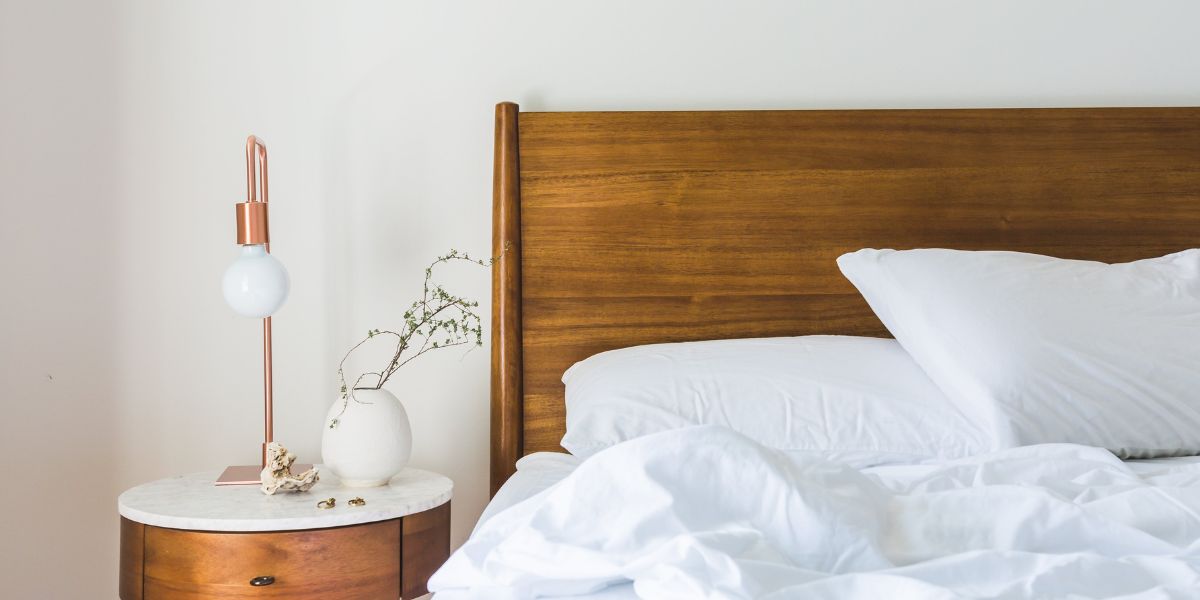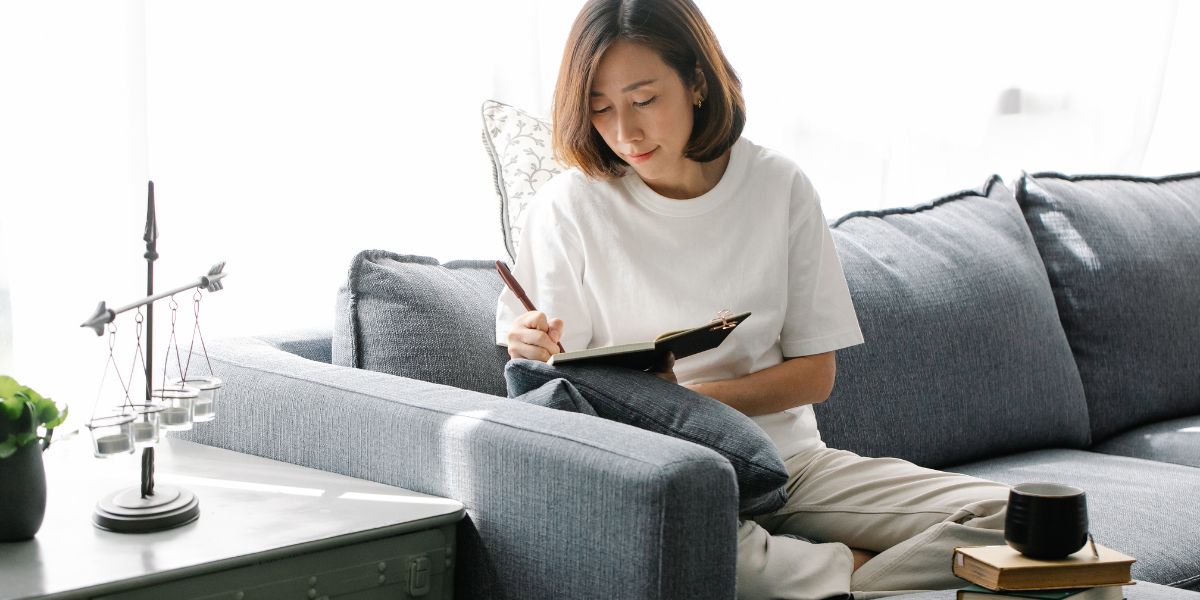In today’s digital age, screens are an integral part of our daily lives. Whether it’s for work, entertainment, or staying connected with loved ones, we find ourselves constantly glued to our devices. However, this excessive screen time can have huge effects on our sleep quality. The blue light emitted by most screens can disrupt our natural sleep-wake cycle, making it difficult to fall asleep and stay asleep throughout the night. This in turn can leave us feeling groggy, lethargic and irritable. Luckily, there are steps we can take to reduce our screen time and reclaim our restful nights. In this blog, we will explore some practical tips to help you reduce your screen time and enjoy a more restful slumber.
1. Set screen-free zones

Start by designating certain areas of your home, such as the bedroom or dining rooms, as screen-free zones. This will help you break the habit of mindlessly scrolling through your devices and encourage healthier habits like reading a book or engaging in conversations with family members.
2. Establish tech-free times

Schedule specific times of the day where you will put all technology away. For example, you could put all technology on silent and away whilst you’re on your lunch break. When you put away all technology, you are giving yourself a much needed break to unwind from your work for an hour, allowing you to recoup for your afternoon of work.
3. Use screen time tracking apps

Every week your iPhone or smart phone will tell you how long you have been on your phone, and it will give you a breakdown on what apps have used the most. Set yourself goals to reduce your screen time by a little each week, and cut down on the apps that you use the most - especially if you are just mindlessly scrolling through TikTok for hours on end in the evening.
4. Practise mindful screen time

Before grabbing your phone, pause and ask yourself if you really do need to go on your phone. Mindful screen use involves being intentional about when and why you use your devices, rather than simply reacting to notifications or boredom. So next time you're sitting down and a wave of boredom falls over you, think whether you want to go on your phone, or whether you could do another activity to wind down.
5. Pick up new hobbies

Sometimes we use our phones as a way to pass the time in the evening and on the weekends. To help counteract this, why not choose a new hobby or activity that can fill your time instead? You can try mindful activities such as yoga or meditation, you could learn how to bake or cook using a recipe book or you could spend some much needed time outside on a lovely spring walk. By diversifying your leisure activities, you'll be less reliant on screens for entertainment and more engaged in the present moment.
Overall, reducing your screen time is not only great for improving your sleep quality, but it also helps to improve your overall health and well-being. By adding these tips into your daily routine, you can take control of your screen habits and enjoy a more balanced lifestyle. So unplug, unwind and prioritise your sleep for a healthier and happier you.






